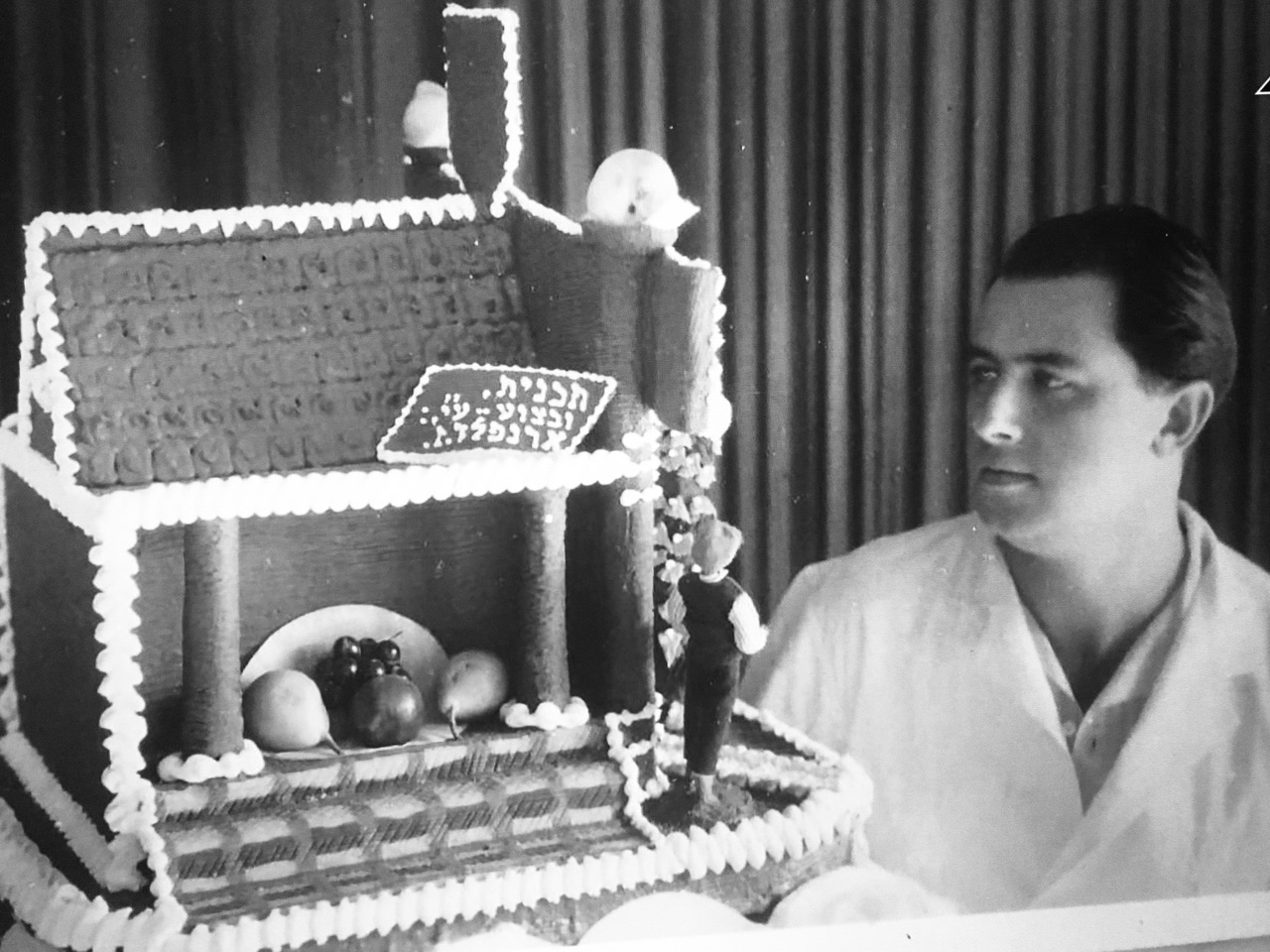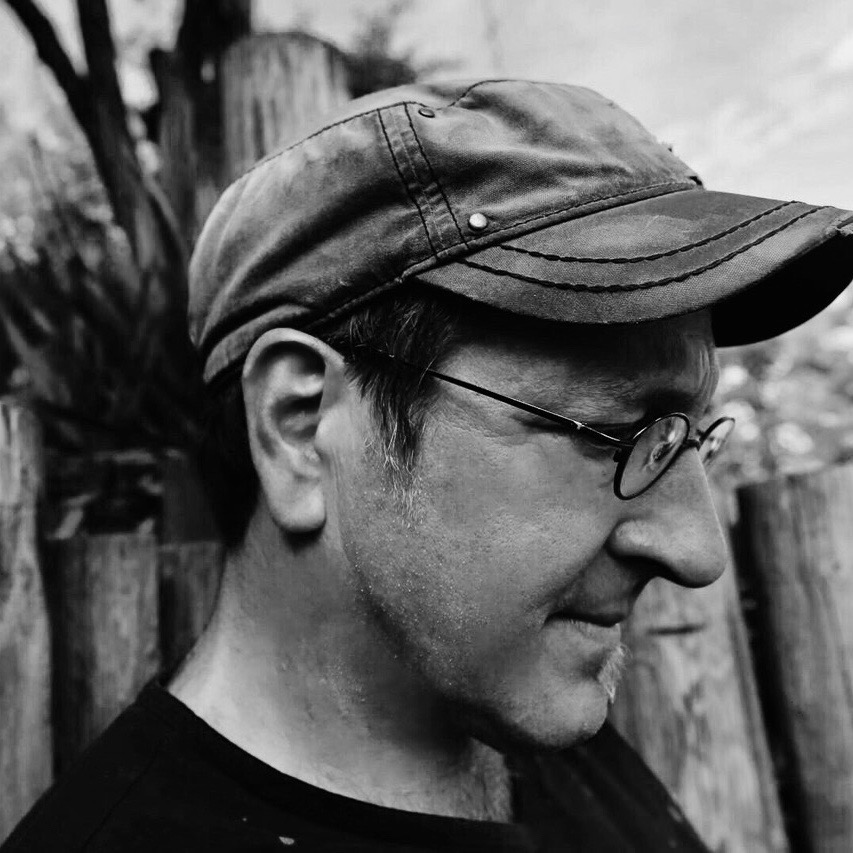 Ernie Fuld
Ernie Fuld PREVIOUSLY: Ernie has struggled to find acceptance and the control of his kitchen rage
Once, decades after the war, Ernie returned to Lucenec to see what had become of his hometown. He was distraught at what he found there.
Half the city still remained demolished, even after those passing years. He went to his mother’s old restaurant to find the place was still standing. But the walls were crumbling. It was dark inside. Gypsy families lived there.
“It looked like I was walking in the cemetery, that’s what it reminded me of,” he recalled.
It wasn’t just the buildings; it was the ghosts of his parents, everybody.
All gone.
Once, during a trip to Israel, Ernie heard a fantastic story.
A distant cousin had been murdered by the Nazis in Budapest during the last days of the war. Many years later, the fully-intact body was recovered from a makeshift grave.
It was carefully interned in a Jewish cemetery — even with a proper marker.
At least one of Ernie’s relatives had found peace.
So many of Ernie’s family had died in the gas chambers, reduced to ashes. Now there was a tombstone, a poignant marker to the past.
Not only was the man part of his distant family, but Ernie’s newfound passion for his Judaism and Jewish roots drove him to travel to Budapest to research the story.
Perhaps he was looking to close his own chapter of abuse at the hands of the Nazis.
He visited public libraries to look at microfilm. One news article told of how during a construction project, diggers had recovered the incredibly-preserved body of a man — his clothing and facial features still recognizable.
“The doctors couldn’t believe it,” Ernie recalled. “The dress and the suit, everything on him, it looked like it just happened yesterday. It was like a miracle. I mean, two years, that comes apart. Maybe it was because no air came to it.”
Inside the man’s pocket, they found his passport and other identification papers.
As Ernie told it, the relative was walking in the wrong part of Budapest as the war came to a close. He was shot dead by a group of officers.
During the chaos of the Nazi retreat, he got incredibly unlucky.
“It was in 1945,” Ernie recalled. “The war was finished. But there were still parties of Nazis. And they shot him.”
The local Jewish community began an investigation into the background of this man whose body was uncovered decades after the war ended. Local rabbis held a ceremony and erected a marker in his honor at a Jewish cemetery.
So Ernie went there one day with a friend who lived in Budapest. She took pictures of Ernie standing there, next to his last real connection to the past.
His expression is as cold as the tombstone.
There would be no peace for this bittersweet baker.
NEXT: Ernie has his defenders, those able to look past his gruff exterior.























 More news and opinions than at a Shabbat dinner, right in your inbox.
More news and opinions than at a Shabbat dinner, right in your inbox.